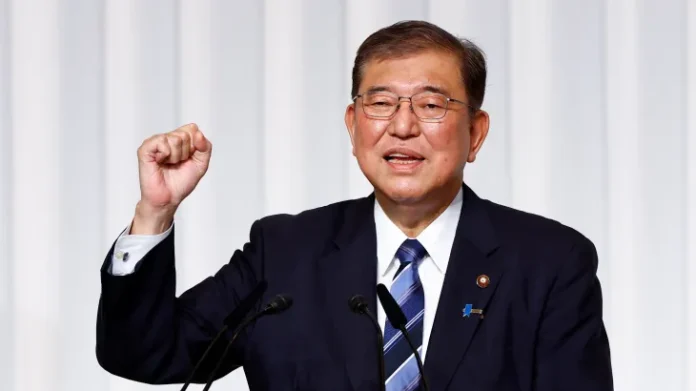Japanese Prime Minister Shigeru Ishiba acknowledged voter discontent and promised significant reforms to the ruling Liberal Democratic Party (LDP).
The party suffered a landmark defeat in early elections amid a political funding scandal. Sunday’s snap election came just 26 days after the LDP and its coalition partner Komeito elected Ishiba as the country’s 102nd prime minister.
In a major political shift, the LDP and Komeito won a combined 215 seats, 191 and 24 respectively. That falls short of the 233 seats needed for a majority in the 465-seat lower house of parliament.
Ishiba told a news conference in Tokyo that he would lead a sweeping reform of the party that had governed Japan almost continuously since 1955. He expressed a willingness to negotiate with opposition parties on specific policy issues, signalling that the LDP could seek outside support for a new cabinet.
The election results marked a significant shift in Japanese politics, ending the dominance of the LDP since 2009. The main opposition party, the Constitutional Democratic Party of Japan (CDPJ), won 148 seats, making significant gains. The Japan Innovation Party came third with 38 seats, followed by the Democratic Party for the People (DPP) with 28 seats.
Shigeru Ishiba, who took office on 1 October, called for early elections at a time when the LDP was under intense public scrutiny due to political funding scandals.
During the elections, more than 45,000 polling stations were opened across the country, where some 105 million people cast their ballots. Over 1,300 candidates contested 465 seats, of which 289 were in single-mandate constituencies and 176 in proportional representation.
